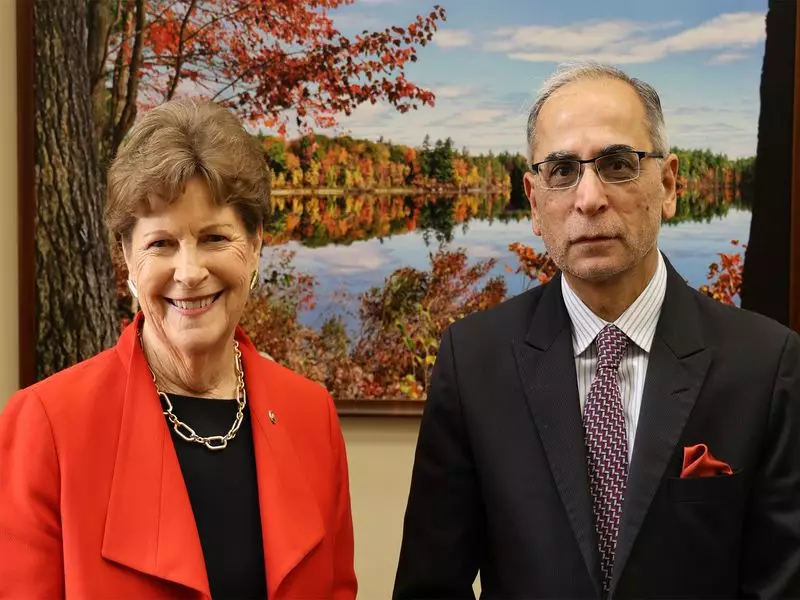
In a powerful endorsement of the growing strategic partnership between Washington and New Delhi, the United States Senate Foreign Relations Committee has officially recognized India as a vital partner in advancing stability throughout the crucial Indo-Pacific region.
The committee's declaration underscores the increasing importance of the US-India relationship in addressing complex geopolitical challenges and maintaining a balance of power in one of the world's most dynamic maritime territories.
Strategic Importance Takes Center Stage
The recognition comes at a time when the Indo-Pacific has emerged as a focal point of global geopolitics, with multiple nations vying for influence in the resource-rich and strategically vital waters. India's position as a democratic counterweight and regional stabilizer has gained significant attention in Washington's foreign policy circles.
Key Aspects of the Partnership
- Regional Security Cooperation: Enhanced naval exercises and intelligence sharing
- Economic Integration: Strengthened trade relationships and infrastructure development
- Democratic Values: Shared commitment to rules-based international order
- Counterbalancing Influence: Joint efforts to maintain regional equilibrium
This official acknowledgment from one of America's most influential legislative bodies signals a deepening commitment to the bilateral relationship that has been steadily growing over the past two decades. The Senate Foreign Relations Committee's stance reflects a bipartisan consensus in Washington about India's critical role in America's Indo-Pacific strategy.
Implications for Regional Dynamics
The strengthened US-India partnership is expected to have far-reaching consequences for regional security architecture. As both nations work more closely on maritime security, counter-terrorism, and infrastructure development, their collaboration could reshape the strategic landscape of the entire Indo-Pacific region.
Experts suggest that this formal recognition could pave the way for enhanced defense cooperation, increased technology transfers, and more robust economic partnerships between the two largest democracies in the world.





